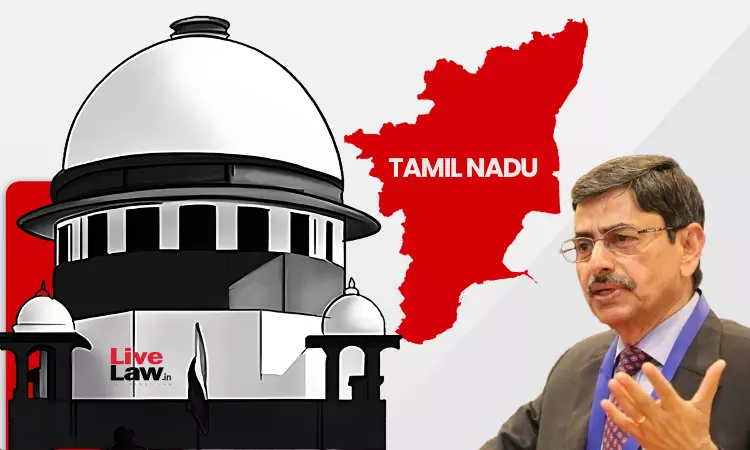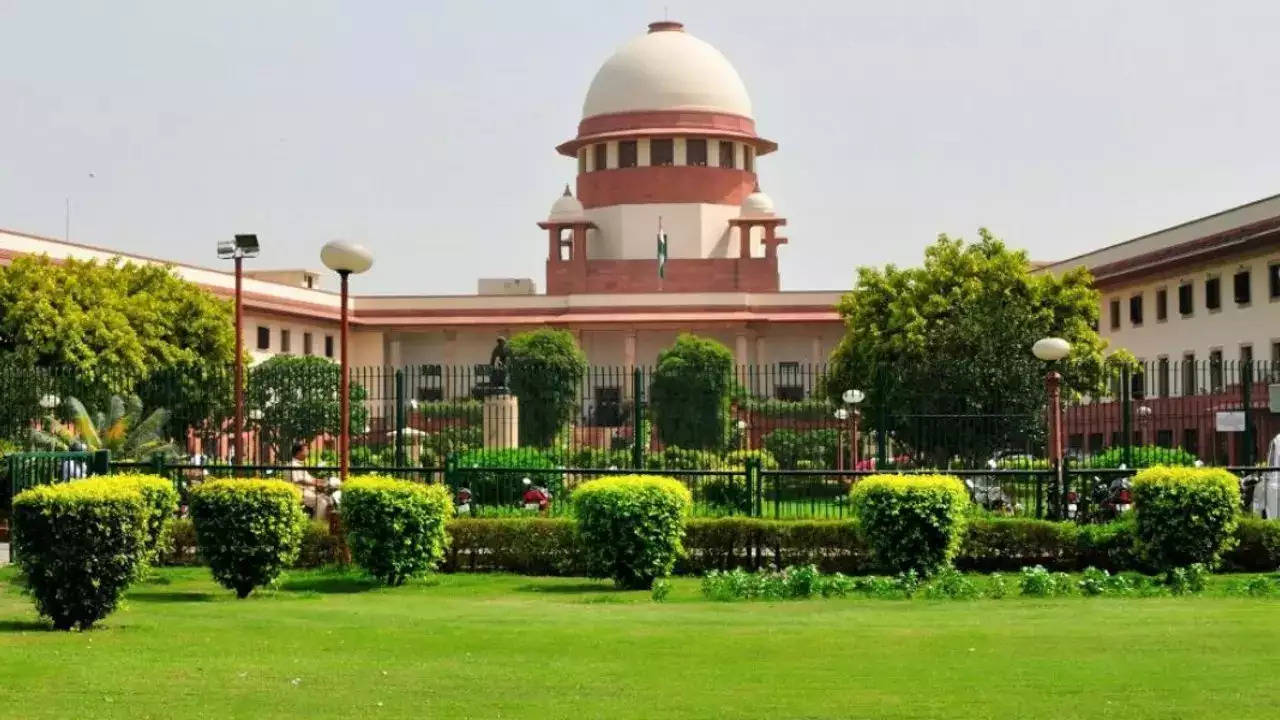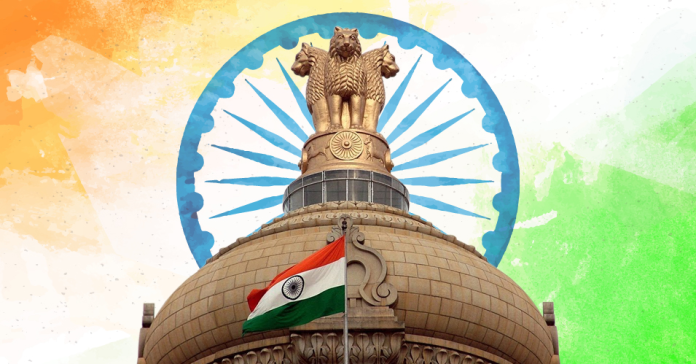- At the best of times, gubernatorial positions are ceremonial in nature. They have no direct powers in the day-to-day administration but are mandated to follow the advice of the cabinet represented by the elected legislatures. The Constitution etches the limited or no powers of the governors over the decisions of the state cabinet, so there is/was no scope for ambiguity. However, the Indian parliamentary history is replete with several instances of the highhandedness of the largely political appointees creating havoc for the duly elected state assemblies. As you are aware, the appointment of governors to various states is carried out by the incumbent central government despite the gubernatorial positions being considered apolitical.

PC: LiveLaw
- Unfortunately, what’s perpetrated on the ground by the political appointees, especially if the ruling dispensation of the states are opposition parties, is too well known, with the duly passed bills getting struck with the governors waiting for consent for obvious reasons. The state governments invariably knocked on the doors of the higher judiciary to address the matter. Experience suggests several socio-economic welfare-oriented bills passed by state governments got struck awaiting clearance from governors. As such, the recent SC ruling on the Tamil Nadu governor comes as a major relief to all opposition-ruled states, removing a Constitutional ambiguity. Note that governors in opposition-run states can’t be a law unto themselves.

PC: Times of India
- SC made this abundantly clear with a strongly worded judgment against the TN governor. Of course, the incumbent TN governor has been here before. In March last year, SC had pulled him for refusing to reinstate a minister on the CM’s recommendation. But this time, a bench of justices JB Pardiwala and R Mahadevan, have delivered a landmark verdict that not only clears 10 pending bills – one of them stuck since Jan 2020 – in one stroke but also limits the power of governors across states to delay inconvenient bills indefinitely. Mind you, the 10 bills the governor had stymied would have loosened Centre’s grip on institutes of higher education in TN, including the power to appoint vice-chancellors.

PC: India Corporate Law – Blogs
- Of late, unnecessarily sitting on bills, refusing to convene assembly sessions, and rejecting VC appointments are more common across opposition-run states. SC ruled that the TN governor’s action for withholding bills was erroneous and illegal. Without undermining the governor’s office, the court upheld the supremacy of the elected legislature. It said a governor does not have a pocket veto and must be guided not by considerations of political expediency but by the sanctity of the Constitutional oath taken. SC also has said governors will have a maximum of three months to return a bill for the state government’s reconsideration or send it to the President. Ambiguities cleared should ensure that governors do not block duly passed bills by the legislature henceforth.






